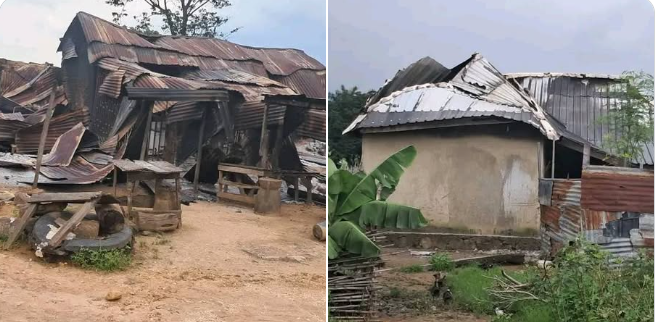On May 1, 2025, during the Workers’ Day celebration at Samuel Ogbemudia Stadium in Benin City, Edo State Governor Senator Monday Okpebholo announced an increase in the state’s minimum wage from ₦70,000 to ₦75,000 for all public workers. This decision aims to enhance the standard of living for workers and acknowledges their contributions to the state's development.
Governor Okpebholo emphasized that the wage increment is a token of appreciation for the dedication and resilience of Edo workers. He stated, “It’s our way of saying thank you, Edo workers. We believe this will make a real difference, and in return, we count on your renewed dedication as we build a better Edo together”.
In addition to the wage increase, the governor highlighted several initiatives undertaken by his administration to improve workers' welfare:
-
Conversion of over 1,000 casual workers, including cleaners, into permanent civil service employees.
-
Recruitment of 500 new teachers to alleviate classroom pressure and enhance educational outcomes.
-
Reviewing the status of over 3,000 casual teachers for potential full employment.
-
Hiring 450 clinical and non-clinical staff for state hospitals and regularizing 126 contract staff at the Edo State Specialist Hospital.
-
Clearing outstanding salary arrears owed to Edo State Polytechnic staff.
-
Ensuring the proper swearing-in of judges whose appointments had been delayed.
-
Approving health insurance coverage for retirees, demonstrating a commitment to their welfare beyond active service.
Acting Chairman of the Nigeria Labour Congress (NLC) Edo State chapter, Comrade Bernard Egwekhide, commended Governor Okpebholo for implementing policies that alleviate the hardships faced by workers and pensioners. He noted that within six months in office, the governor's performance has surpassed expectations, significantly improving the lives and civil rights of Edo workers.
This wage increase positions Edo State as a leader in worker welfare initiatives, reflecting the administration's dedication to enhancing the livelihoods of its workforce.

.jpg)








